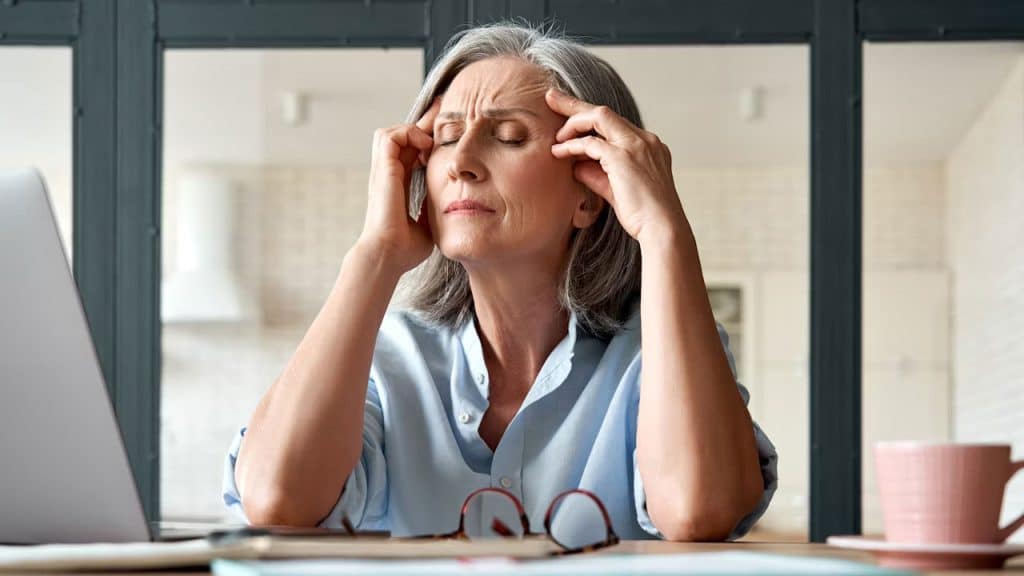It’s fair to say that women’s health has rarely been treated as a priority by the medical establishment. Not only is it underfunded, but there are a lot of people, both medical professionals and women on the street, who don’t have access to the right information to make educated decisions about it. We can see this with menopause (https://longevity.technology/news/menopause-education-is-mixed-messages-it-should-be-evidence-based/).
Hormones are responsible for a large portion of what happens to our body. From our size and muscle mass to the way our hair grows, our energy levels and our mood, there’s pretty much nothing that they don’t touch. Clearly, a major event like menopause, which causes a drastic fall in the levels of certain hormones, will have a pretty big impact on our lives.
Dr. Vinita Tandon works for a company called Lifeforce. It offers a range of personalized services to improve health and lifespan, including what it calls “female hormone optimization”. Basically, it tries to bring your hormones back into balance so you can perform at your best. Statistics suggest that nearly half of women in the 30-60 age bracket have hormone issues, but as many as 72% won’t find that out until much later, so this is important work.
For Dr. Tandon, the big problem is education. Considering she spent barely any time studying menopause in all her years of medical school and residency, the average woman doesn’t have much hope of understanding its significance. Hormone therapy is available to alleviate the symptoms of menopause, but public messaging around it has been confusing at best and alarmist at worst. A lot of people facing menopause may be scared of what taking HRT could mean.
Menopause is often one of the big markers of when quality of life starts to decline. Muscle loss, brittle bones, cardiovascular issues, cognitive impairments and metabolic dysfunction all become more common. If you start hormone therapy early enough, when menopause has barely begun, these risks can be reduced. This can be combined with various supplements, such as vitamin D and DHEA, to alleviate some symptoms.
The people most impacted by the lack of investment in menopause education tend to be marginalized populations, such as those with the lowest socioeconomic status. Lifeforce hopes to not just rebalance your hormones, but to make the world of healthcare and longevity more fair overall.




